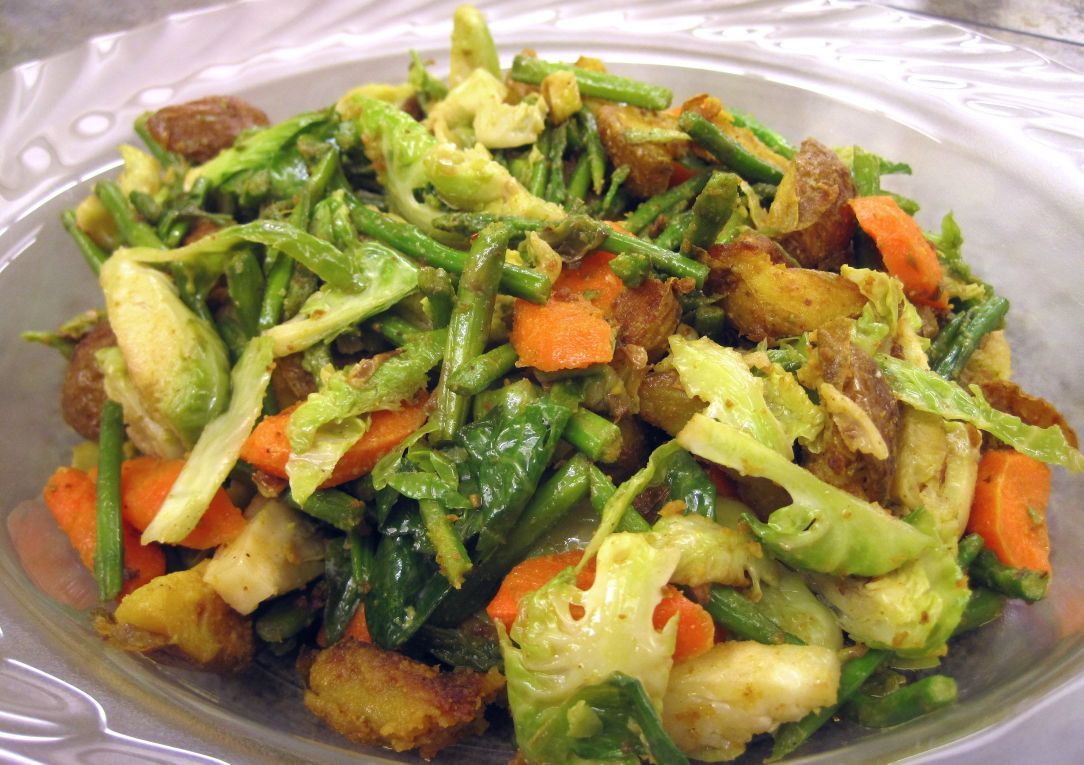Selas Kidane volunteers to teach others how to cook delicious foods that promote health and wellness to combat the growing epidemic of obesity, diabetes and related illnesses. She’s also a culinary ambassador who draws inspirations from foods the world over, including foods that showcase her Eritrean heritage.
She enlivens her colorful dishes with spice blends she grinds herself from selected herbs and spices. She combines seasonal vegetables, beans, seeds, nuts and grains with aplomb, unafraid to make substitutions of fall, winter or spring vegetables into fragrant dishes that cause people to take notice and ask questions.
“At work, people will ask, ‘What are you eating? It smells so good.’ I tell them it is my traditional food, and then they often ask more questions, which often opens a conversation about different cultures,” Kidane says.
How did you develop your interest in cooking?
My mother and my grandmother both inspired me. My passion for food, for art and my creativity comes from these two women,” she says. “Most of my recipes on my blog, Diversity Cooking, are based on my family recipes. In Eritrea, every family has its own way of preparing the traditional foods. I encourage people to experiment, to substitute what is fresh and season to make healthy eating affordable.
When did you start to make your own spice blends?
My mom made special herb and spice blends for every kind of cooking. She chose whole spices at the markets, which she would wash and sun-dry when she got home. She would make blends for our entire extended family and send them to us. When I last visited her 10 years ago I asked her to take me shopping for the spices. I saw how much work it was for her to do this. I called my sister and said, ‘We need to learn to make our own blends.’
So, did you take up blending spices?
Yes. Today, I make my own. I shop the international markets, especially Jay’s International on Grand, the Indian shops, Arabic, African and Hispanic stores, but I don’t wash and dry the spices like my mother did. I also use a dedicated coffee grinder to make them.
What are the main differences you found in traditional African cooking and American cooking?
American people use much sugar and salt in their cooking. Eating sugar in my country is hardly known. I don’t use any sugar, not even in my baking. I grew up with dates and fruits, which are my main sweets and sweeteners. Traditional cooking uses spices, herbs and peppers, not salt, to season foods.
